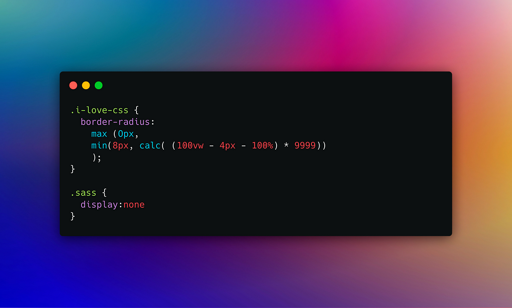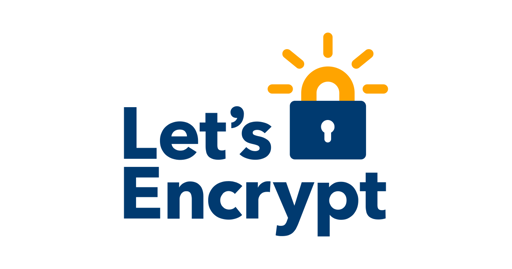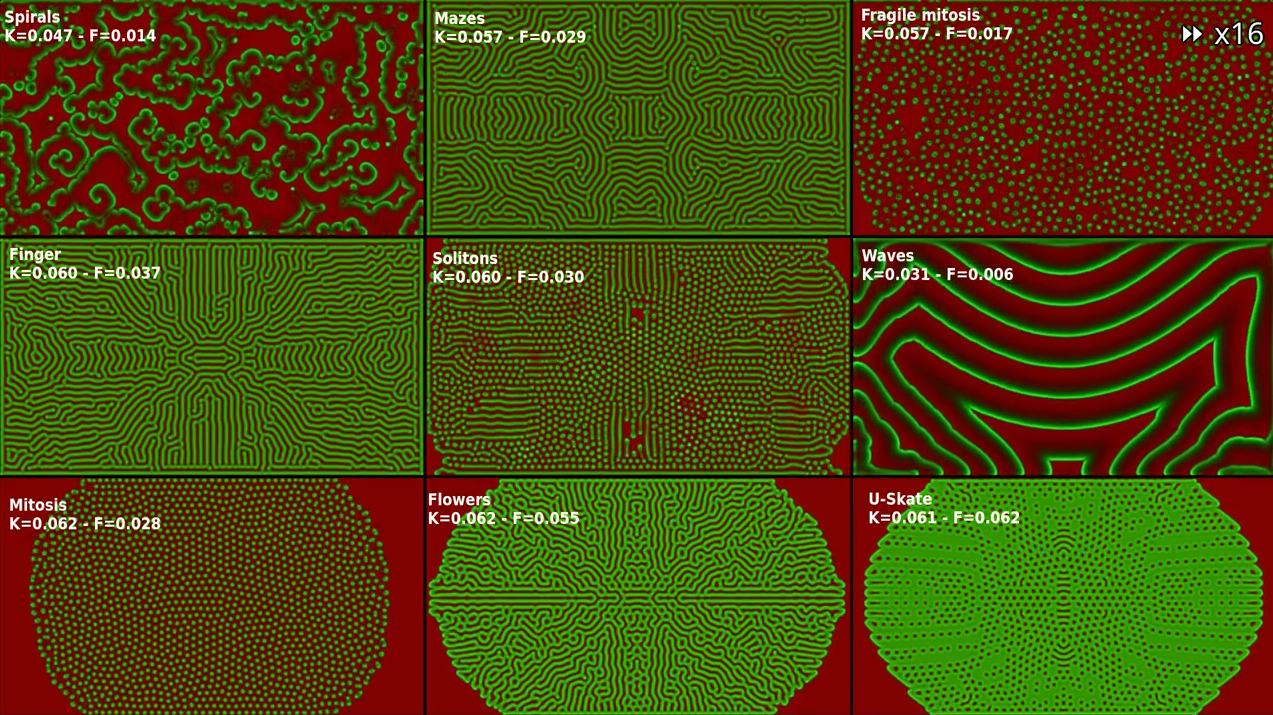

border-radius: max(0px, min(8px, calc( (100vw - 4px - 100%) * 9999)) );
Oh I missed this. I think it’s only here to showcase doing math between different units, which is really nice in my opinion. I’m thinking about a few instances where I had to resort to dirty JS hacks just because CSS did not support this at the time















Enabling multi DC redundancy is really easy though. The other providers you mentioned may have it by default, but they’re also a lot more expensive.
I love that they let me pick my own redundancy strategy, without forcing me to pay for theirs